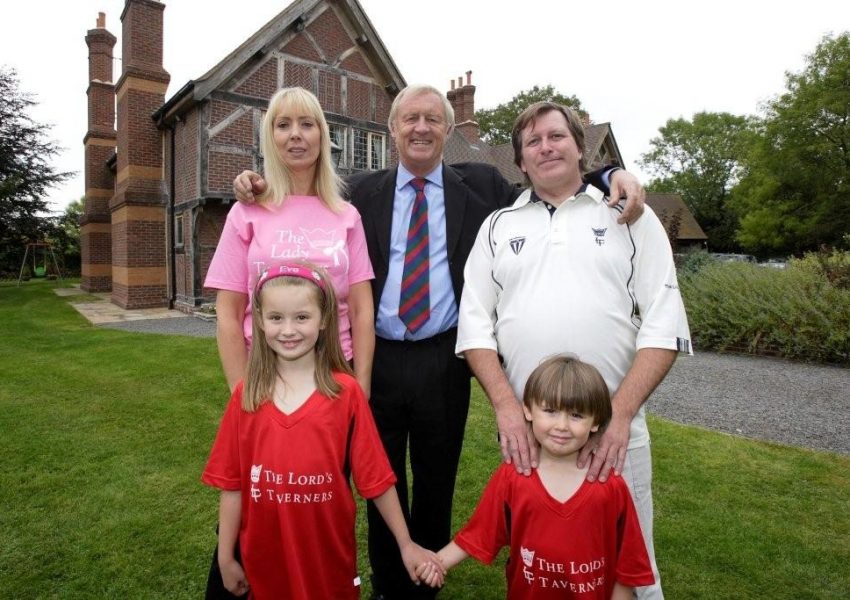It is good to remember a family is an organization. In fact, it is the basic organization of society. This is just one of the reasons I am such a proponent of family meetings. You wouldn’t think of running a successful business without a plan, goal setting meetings, team building sessions and clear missions and expectations. As such, everyone in the family should have an equivalent of a job description. Each person’s job description helps him define his roles and responsibilities in the family.
Just like in the workplace, the clearer the job description and the more input is solicited from the participant, the more ownership is established. If you have ever worked in a workplace where no one knew what their job was day to day and rules were arbitrary, you will recall how chaotic and frustrating it was for everyone.
The following information on structuring a family council has been compiled in part from information contained in The Parent’s Handbook by Dinkmeyer & McKay, as well twenty five years of personal experience.
WHAT IS A FAMILY COUNCIL?
A family council is a regularly scheduled meeting of all family members. Its purpose is to make plans and decisions, to provide encouragement, and to solve problems. It is very much like a team building or staff meeting held in the workplace. Plans and decisions made during a family meeting remain in effect until the next meeting.
FAMILY MEETINGS PROVIDE OPPORTUNITES TO:
Be heard
Convey positive feelings about one another
Give encouragement
Distribute chores fairly
Set goals for the family unit and assist in personal goals
Express concerns, feelings, and complaints
Settle conflicts and dealing with recurring problems
Plan family recreation
Have fun
GUIDELINES FOR EFFECTIVE FAMILY MEETINGS;
Establish a specific weekly meeting time.
Rotate chairperson and secretary.
Establish and stick to time limits.
Make sure all members have a chance to offer ideas.
Encourage everyone to bring up issues.
Don’t permit meetings to become gripe sessions.
Distribute chores fairly.
Plan family fun.
Use your communication skills. Use “I” statements
Evaluate the meeting.
Maintain an atmosphere of mutual respect and honesty.
A TYPICAL AGENDA FOR FAMILY MEETINGS
Share positive feelings about good things that have happened during the week.
Read and discuss the minutes from the previous meeting.
Discuss old business. Evaluate how assignments went for the week.
Bring up new business (focusing on family fun as well as on plans and problems).
Summarize and evaluate the meeting.
Agreements as well as logical consequences for not following through with assignments should be discussed and agreed upon by the family. All members should be encouraged to participate in family meetings as equals. Family meetings are essential if families want to build strong relationships.
Good luck and God bless. You do the most important work in the world.
2005 ArtichokePress.com
Parent educator and PBS “Ready to Learn” consultant, Judy H. Wright works with Head Start staff, child care resource centers, schools and parent organizations internationally. As a powerful and popular presenter for adults who work with children, Judy’s also authored over twenty books. For more information on books, clients and testimonials or to book Judy for your next event, call 1-877-842-3431 or go to
.
